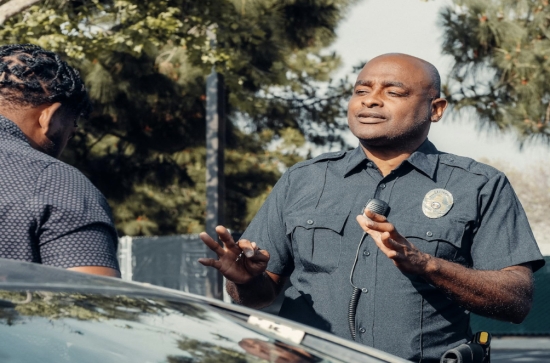Celebrities behave badly when pulled over for suspected drunk driving. Understandably, celebrities are public figures, and such an experience can negatively impact their brand. Moreover, for an average citizen, being pulled over for suspected DWI can be irritating. Now imagine being a public figure. However, road officials stop suspected drunk drivers for their safety and the safety of other road users. Note that being stopped on suspicion of drunk driving doesn't automatically mean getting a ticket. If you get pulled over on suspicion of drunk driving, knowing your rights is vital. In this article, we will be discussing what those rights are.
Stay Silent And Request A Lawyer
The first and most important right you have in such a situation is the right to remain silent. It is your fundamental right not to answer the questions of the police officer under the Fifth Amendment of the U.S. Constitution. It’s important to exercise this right to avoid self-incrimination and to request your DUI attorney in Glendale. It’s typical for officers to ask where you’re coming from and if you’ve been drinking, but you can respectfully decline to answer and say something like, "I prefer not to answer any questions without my lawyer present.”
Field Sobriety Tests Are Voluntary
Also, in a DUI stop, officers may often request you perform a field sobriety test (FST). Officers use this test to evaluate your balance and coordination. However, this test can be subjective and sometimes result in false positives, especially when the driver is nervous, tired, or has a medical condition. However, you have the right to refuse a field sobriety test. But note that refusing to voluntarily do this test may lead to suspicion. When you refuse this test, it prevents the officer from gathering additional evidence that may be used against you in court.
Refusing A Breathalyzer Has Consequences
In a situation where the officer requests you take a breathalyzer, you should not refuse it. Refusing a breathalyzer has serious consequences, which may include suspension of your driver’s license. Glendale operates under an implied consent law, meaning that by driving on the city roads, you have implicitly agreed to submit to chemical testing if suspected of driving under the influence. Breathalyser results are more accurate than a field sobriety test. However, you can still challenge a breathalyzer result in court. In some cases, the breathalyzer may be improperly calibrated or malfunction, leading to a false positive. Celebrities with drinking problems often refuse a breathalyzer test, but it's best to speak with your attorney first to know your options before refusing it.
Right To Challenge The Dui Evidence
Failing a sobriety test or a breathalyzer test doesn't automatically mean you get charged with DUI. You have the right to challenge the DUI evidence used against you in court. The evidence gathered against you in a DUI stop is not always conclusive. As such, you need to hire a knowledgeable DUI attorney to help challenge various aspects of the stop, such as:
- Legality of the stop
- The administration of the field sobriety tests
- Accuracy of the breathalyser result
Challenging the evidence against you is a crucial part of your DUI defense. For example, an abnormally high BAC level may point to the breathalyzer as faulty. Or failing a field sobriety test is subjective.



Comments powered by CComment